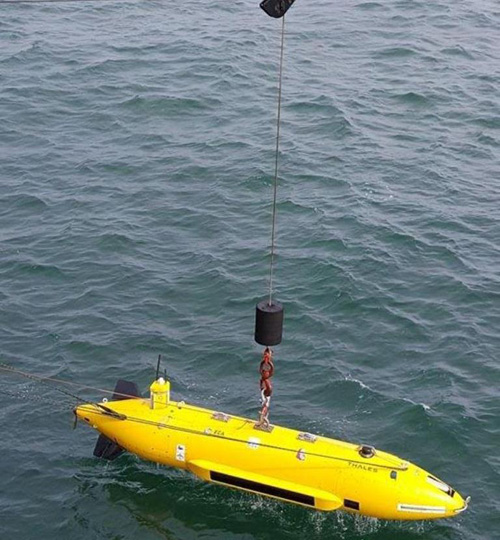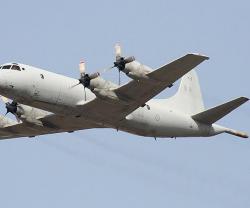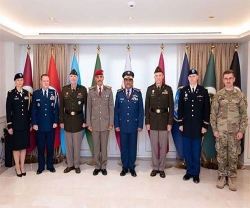In June 2017, on the occasion of the Belgian Defense Technology & Industry Day trials, held at the Naval Base at Zeebrugge, Thales successfully demonstrated the performances of its latest SAMDIS Multi-view Synthetic Aperture Sonar (SAS) system integrated onboard an ECA A27 AUV platform.
The A27 proved to be an extremely stable, enduring and reliable platform, capable of withstanding the strong tidal currents usually encountered in the North Sea.
The SAMDIS sonar generates long range, high resolution images (1 inch x 1 inch) with excellent reverberation-to-shadow contrast even in very shallow waters. Owing to its Multi-View capability, unique on the market, SAMDIS simultaneously generates 3 views of a given contact under different angles in a single path. The combination of high resolution and several independent views in a single pass is key in order to drastically reduce ambiguity when taking a detection/classification decision.
This capability enables SAMDIS to combine high coverage with very high confidence rates of probability of detection and probability of classification of mines, with a very low false alarm rate.
SAMDIS outputs are best processed by the PRACTIS software that has again proven to be a powerful detection and classification tool that drastically optimize operator workload. PRACTIS is so efficient and user-friendly that Belgian Navy operators learned to operate it easily during the sea trials. The combination of SAMDIS and PRACTIS enables high confidence in classification of contacts as NON-MILCO, thus avoiding losing time in lengthy investigations to identify the contact.
SAMDIS is designed for seamless integration into various platforms with a combination of several array lengths for medium and heavy weight AUVs as well as side scan sonars towed by USV’s.
Thales has 50 years of cumulative experience in developing advanced technologies to support major Navies in their Mine-Hunting operations.
The A27/SAMDIS combination is part of the equipment package that will be delivered to France and the UK as part of their MMCM program. This on-going European program aimed at delivering a robust, proven unmanned mine hunting package to these two Navies as they switch to Unmanned MCM capabilities.
In 2016, Thales performed a number of successful demonstrations of its HALCYON USV off the North Sea Coast of Zeebrugge in Belgium and in Northern Scotland for the Royal Navy Unmanned Warrior exercises. During both trials, the HALCYON USV was towing its Towed Synthetic Aperture Sonar (TSAS) system. At the end of the trials in Belgium, Thales was well assessed for detection performance against all mine type, thus recognizing the quality of the group’s unmanned mine-hunting systems’ capabilities.
In the framework of the Belgian/Dutch MCM capability replacement program, Thales intends relying on its multi domain pedigree to offer state-of-the-art solutions in MCM: mission system integration and naval combat system. This will ensure a strong level of local industry involvement in terms of system development as well as future system support, combined with a very high level of operational efficiency.




















